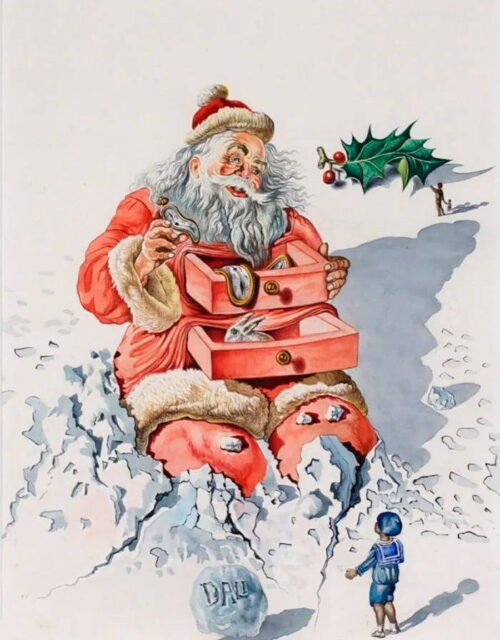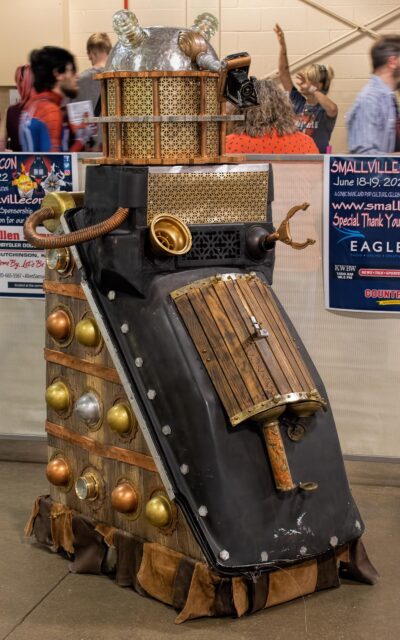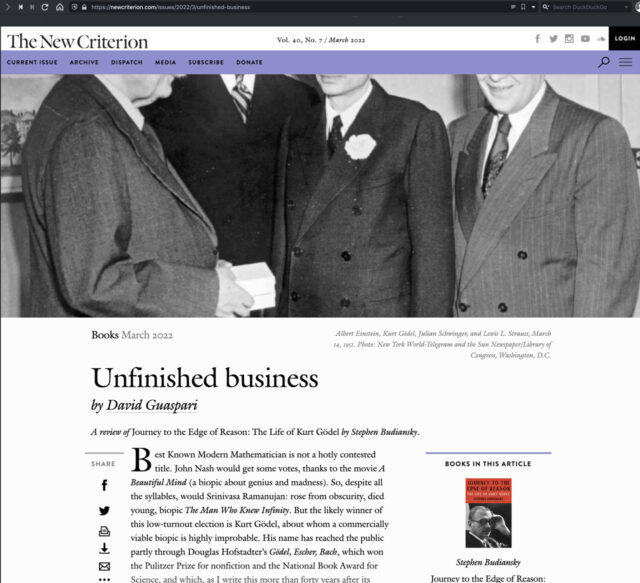If I were to discuss the bulk of my reading last year in the depth it deserves, I probably wouldn’t finish this note until sometime next year. Instead, this will be a quick and superficial look at a few of the books that caught my interest.
Paul Johnson’s Intellectuals is a grimly amusing collection of portraits of the thinkers and writers who made western culture the wreck that it is today. By “intellectual” Johnson means someone for whom ideas matter more than individuals, or reality. They want to change the world and reshape humanity, and totalitarianism comes naturally to them. His examples begin with Jean-Jacques Rousseau and end with Noam Chomsky, and include such luminaries as Karl Marx, Leo Tolstoy, Ernest Hemingway, Bertrand Russell and Lillian Hellman, and others who are not as well-remembered but were influential in their day. Johnson doesn’t deny that his subjects are often great artists: Rousseau was a brilliant writer as well as a loathsome creep, P.B. Shelley a great poet and a perfect sociopath, Ibsen a revolutionary playwright and an obnoxious weirdo, etc. However, their achievements don’t outweigh the lies they told, their indifference to the lives they blighted, or the damage they did to civilization. Johnson’s book is highly readable, entertaining and appalling.
*****
Theodore Dalrymple’s Our Culture, What’s Left of It is a collection of essays on a wide variety of topics: the continuing relevance of Shakespeare, the British underclass, the benefits of corruption, Virginia Woolf’s asininity, the debasement of the arts, and whatever else is on his mind. Life at the Bottom is an extended view of the British underclass from his perspective as a doctor in a slum hospital and in a prison. Dalrymple, a world traveler who has practiced medicine in the third world as well as England, found that his British patients, despite their material advantages, are far worse off spiritually than the poor in Africa. The harm wrought by “intellectuals” is a constant theme throughout Dalrymple’s writing.
*****
The book that took me longest to finish was the shortest: Hillaire Belloc’s The Servile State. Orwell called the style “tiresome;” I would use a stronger term. Belloc structured his book as a formal proof “that industrial society as we know it will tend towards the re-establishment of slavery.” It’s as easy to read as an advanced calculus text, but not as much fun. It’s plenty prophetic, all right, but I would suggest Hayek’s far more readable The Road to Serfdom instead.
*****
I read a bunch of books on the reactions to and political consequences of the Chinese virus hysteria. The list includes:
The Price of Panic, by Douglas Axe, William M. Briggs and Jay W. Richardson
Pandemia, by Alex Berenson
The Real Anthony Fauci, by Robert F. Kennedy, Jr.
Lies My Government Told Me, by Robert W. Malone
COVID: Why Most of What You Know Is Wrong, by Sebastian Rushworth
The Bodies of Others, by Naomi Wolf
plus several of Berenson’s “Unreported Truths” pamphlets.
They all blur together in my mind. Much of the information presented will be familiar to those who followed William M. Briggs‘ Tuesday briefings. Collectively, the general points made are that the virus is far less dangerous than advertised, the response to the virus is utterly disproportionate to the risks and cruelly destructive, and the real threat is the ever-increasing control by the powerful over the lives of ordinary people.
If I were to recommend just one of these books, it would be Alex Berenson’s Pandemia, which covers the salient aspects of the disaster through late 2021 as well as any, from the initial scary reports to the lockdowns and lies. Berenson declares in his introduction that his attitude toward politics is that it is impossible to be too cynical, which his book amply demonstrates. Incidentally, no matter what you may think of Elon Musk, he deserves praise for insisting that amazon.com carry Berenson’s pamphlets.
It’s disconcerting to find allies in people like Robert F. Kennedy, Jr. and Naomi Wolf, but that’s how insane the world has become. As the title indicates, Kennedy’s book focuses primarily on the career of Anthony Fauci, including a close examination of his activities when AIDS was front-page news. Bill Gates also gets a lot of attention. Surprise, surprise: Tony and Bill are not nice people. If just a tenth of what Kennedy alleges in his book is accurate, Anthony Fauci and Bill Gates should be tried for crimes against humanity.
Wolf focuses less on the technical details of the Chinese virus and more on how “Cruelty became as contagious as any disease.” The later chapters of her book read like footnotes to Bruce Charlton’s discussions of Ahrimanic and Sorathic evil. Wolf’s book is probably the best-written of those on the topic that I’ve read, and the angriest.
*****
William M. Briggs’ Everything You Believe Is Wrong is a handy compendium of logical errors you may encounter every day, particularly in propaganda journalism and polemics. There are a lot of them, all of which Briggs gives names. It’s a useful book, but dense. It’s probably best read a chapter at a time rather than straight through.








